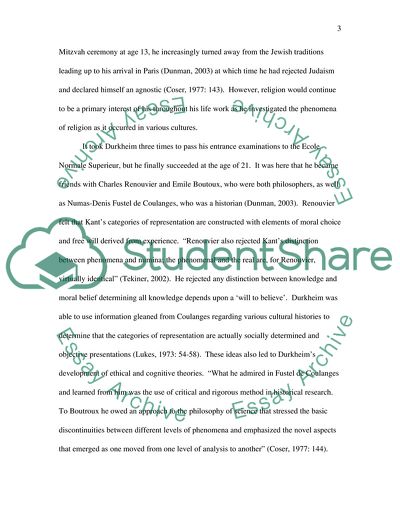Cite this document
(Sociology's Impact Essay Example | Topics and Well Written Essays - 2500 words, n.d.)
Sociology's Impact Essay Example | Topics and Well Written Essays - 2500 words. https://studentshare.org/sociology/1705594-reading-in-social-science
Sociology's Impact Essay Example | Topics and Well Written Essays - 2500 words. https://studentshare.org/sociology/1705594-reading-in-social-science
(Sociology'S Impact Essay Example | Topics and Well Written Essays - 2500 Words)
Sociology'S Impact Essay Example | Topics and Well Written Essays - 2500 Words. https://studentshare.org/sociology/1705594-reading-in-social-science.
Sociology'S Impact Essay Example | Topics and Well Written Essays - 2500 Words. https://studentshare.org/sociology/1705594-reading-in-social-science.
“Sociology'S Impact Essay Example | Topics and Well Written Essays - 2500 Words”. https://studentshare.org/sociology/1705594-reading-in-social-science.


